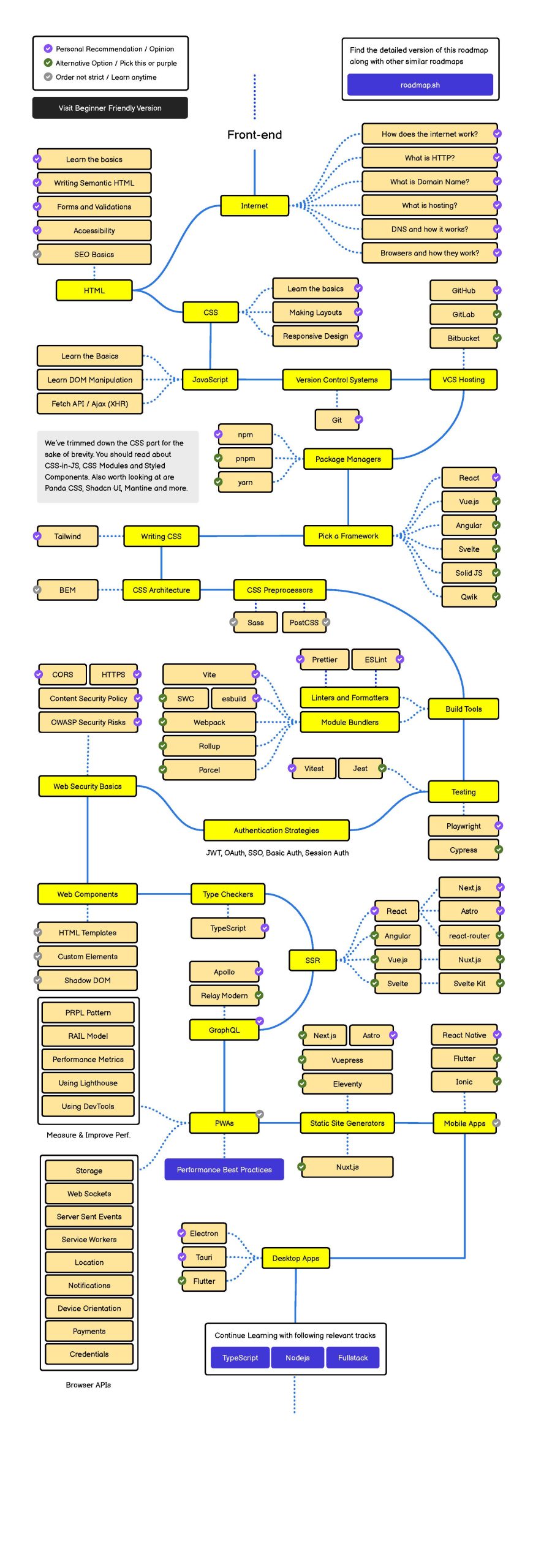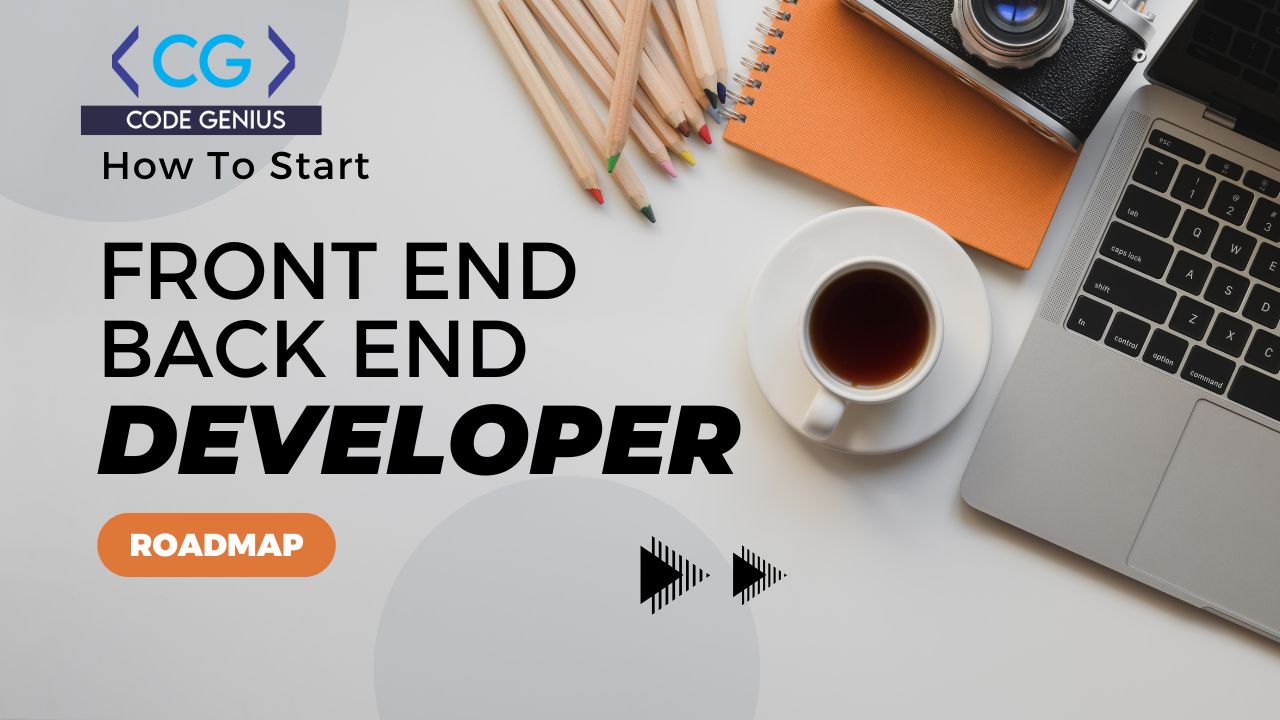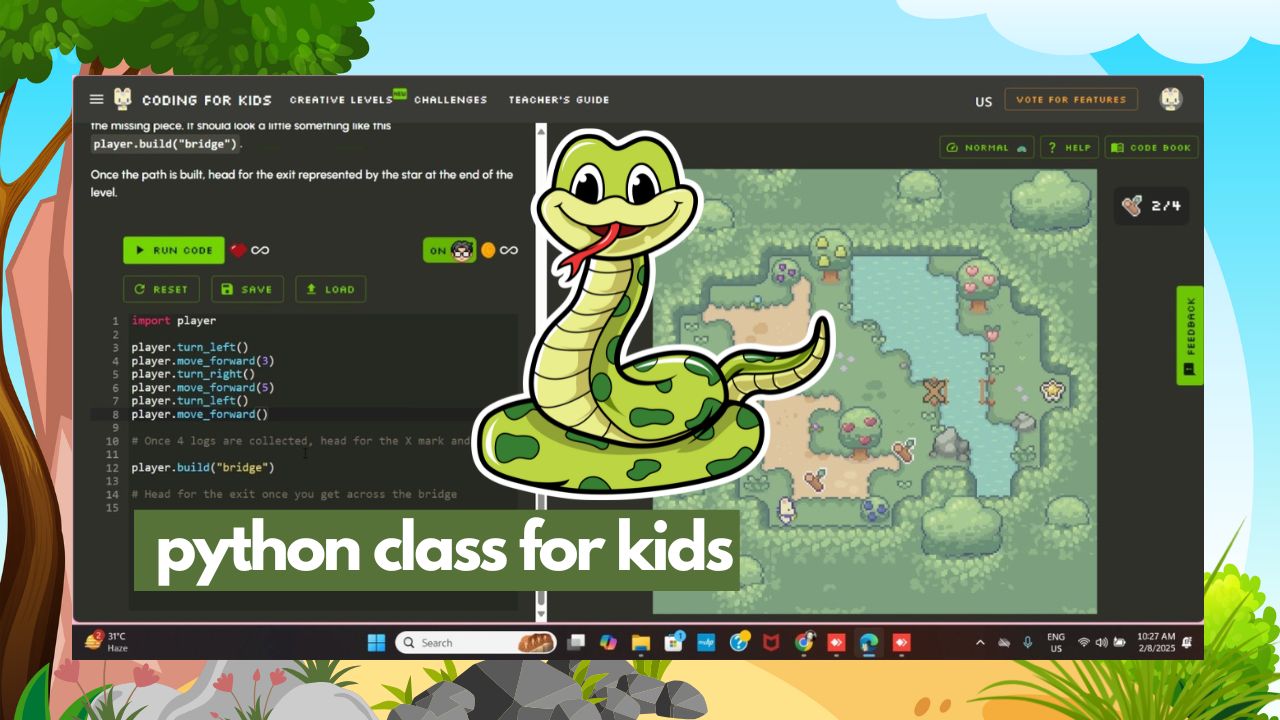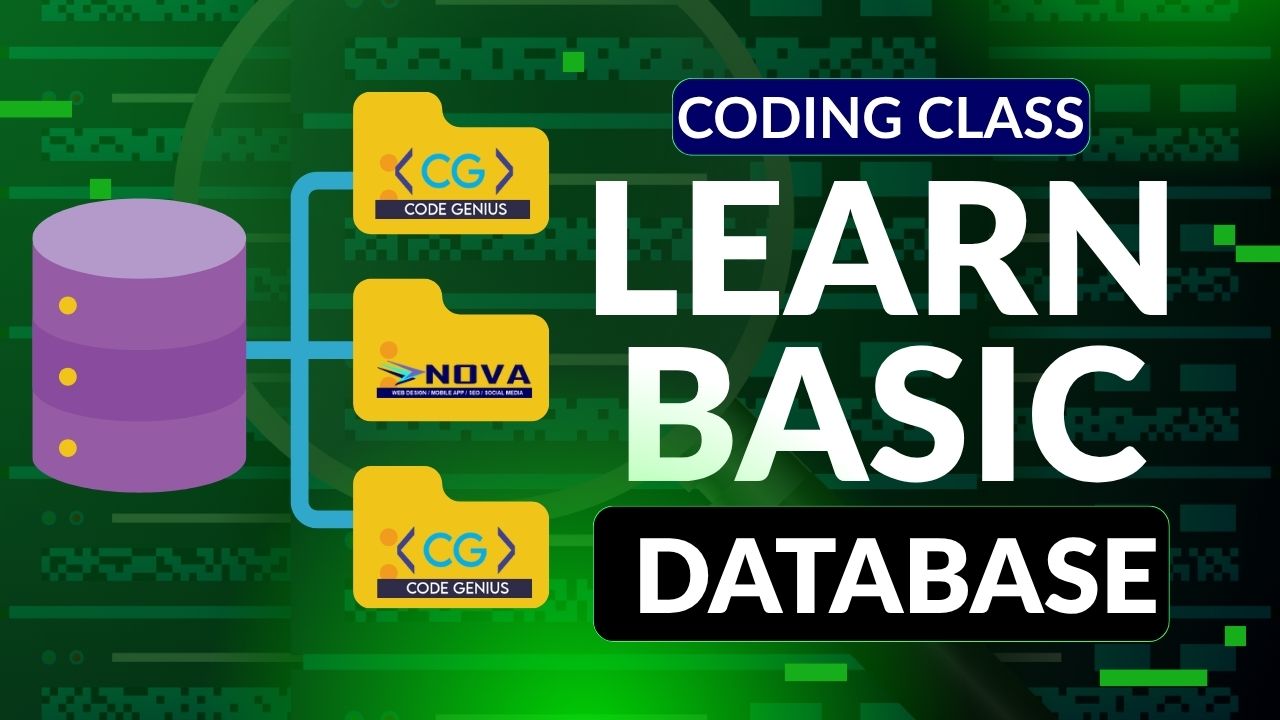- What is a front end developer?
- What is the backend developer?
Front End Developer
The software developer that loves front end are those who are creative. These are the people that are able to work with Graphic Developer to make things animate and presentable. He must be a person who is keen in UX UIHow long does it take to master HTML, CSS, Javascript:
- It takes around 28 classes to complete the concepts (Eash class is 1 hour)
- To be well verse in the usage of UI and UX you need an extra 2 months of hands on project to get used to the command and syntax.
- Even with the usage of AI, there will still be learning curve as we will me editting some of the components to fit into our design.
| Task | Focus | Key Topics | Project / Practice |
|---|---|---|---|
| 1 | How the Web Works | Internet & HTTP, DNS, domains & hosting, browsers & rendering | Create a diagram/notes: “What happens when I type a URL and press Enter?” |
| 2 | HTML Essentials | Elements, attributes, structure, links, images, lists | Build a simple homepage with navbar, sections, and footer. |
| 3 | Semantic HTML & Forms | Semantic tags, forms & validation, accessibility, SEO basics | Make a contact form (labels, required, pattern) and an accessible article page. |
| 4 | CSS Fundamentals | Selectors, box model, display/position, typography, colors | Style Week-2/3 pages: consistent spacing, fonts, and color scale. |
| 5 | Layouts: Flexbox & Grid | Flexbox, Grid, reusable layout patterns | Recreate 3 common layouts (pricing grid, dashboard cards, blog list). |
| 6 | Responsive Design & Utilities | Media queries, mobile-first, Tailwind/utility classes, Sass (optional) | Make your site fully responsive; add a dark/light mode toggle. |
| 7 | JavaScript I | Syntax, data types, arrays/objects, functions, control flow, ES modules | Build a calculator and a tip-splitter with input validation. |
| 8 | JavaScript II: DOM | DOM selection/manipulation, events, state, localStorage | Interactive to-do list with persistence and filters. |
| 9 | Async JS & APIs | Fetch API, JSON, promises, async/await, error handling, CORS (concepts) | Weather/Movies app using a public API; loading & error states. |
| 10 | Git & Packages | Git basics/branches, GitHub flow, npm/yarn/pnpm | Put all projects on GitHub; write clear READMEs; open 1–2 PRs. |
| 11 | React Basics | Components, props, state, effects, lists/keys, forms | Convert your to-do or weather app to React (Vite + React). |
| 12 | Routing & Next.js Intro | React Router, SPA vs. SSR/SSG, Next.js pages/routes, data fetching | Mini blog in Next.js with dynamic routes and markdown/JSON posts. |
| 13 | Build Tools & Quality | Vite/Webpack, ESLint, Prettier, env vars, basic CI | Add lint/format scripts; optimise images; split bundles; Lighthouse pass. |
| 14 | Testing & Debugging | Jest/Vitest, React Testing Library, Cypress/Playwright (basics), DevTools | Write unit tests for 3 components; 2 happy-path E2E flows. |
| 15 | Auth & Web Security | HTTPS, CSP, CORS (concept), JWT vs. sessions, OWASP Top 10 (overview) | Protect a mock “dashboard” route; handle logged-in/out UI states. |
| 16 | Portfolio & Deployment | Vercel/Netlify, custom domain, SEO polish, performance metrics (Lighthouse) | Deploy portfolio with 4–5 projects, write case studies, and apply to jobs. |
| — | Stretch Goals (Optional) | TypeScript, GraphQL, PWAs, Web Components, mobile/desktop apps (RN/Electron/Tauri) | Upgrade one React project to TypeScript; add offline support with a Service Worker. |
BackEnd Developer
The software developer that loves to deal with Data and API shoudl work in back end. Most of the time you will be developing tools that connect with 3rd part or update external API. Backend Developer will be the person that does a lot of logic when dealing with data. He will be the person that provides backend security and interact with database such as Create, Read, Edit and Delete operation.How long does it take to master Back End (PHP and Node):
- It takes around 20 classes to complete the concepts (Eash class is 1 hour)
- To be well verse in the back end development, you will need to have hands on with 3rd party API or developed own API
- To be well verse in the interacting with database. Depending on database whether NoSQl or SQL database
- With the usage of AI, backend development can be easier
| Task | Focus | Key Topics | Project / Practice |
|---|---|---|---|
| 1 | Foundations: Internet & HTTP | How the internet works, HTTP, DNS, domains, hosting, browsers | Write notes/diagram: request–response lifecycle; build a static “About API” page. |
| 2 | Pick a Language & Runtime | JavaScript (Node.js) or Python/Java/C#/Go/Rust/PHP; package managers | Set up dev environment; create a CLI “hello” + script to parse JSON. |
| 3 | Version Control | Git basics, branching, GitHub/GitLab/Bitbucket (repo hosting) | Initialize repo; feature branch workflow; meaningful commits & README. |
| 4 | Build REST APIs | REST, JSON APIs, OpenAPI/Swagger, HATEOAS; (alt) GraphQL, gRPC, SOAP | CRUD “Notes API” with validation & OpenAPI docs; Postman collection. |
| 5 | Relational Databases | PostgreSQL/MySQL, SQL, normalization, ACID, transactions, ORMs, N+1 | Connect API to Postgres; migration script; solve an N+1 with eager loading. |
| 6 | Indexes & Scaling DBs | Indexes, profiling, replication, sharding, CAP theorem, failure modes | Add indexes; benchmark slow query; read-replica simulation on dev. |
| 7 | NoSQL & Caching | MongoDB/Document DBs, Key-Value (Redis), Memcached; when to use | Add Redis caching layer to Notes API; cache invalidation strategy. |
| 8 | Auth & Security | JWT, OAuth2, cookies vs. tokens, HTTPS, SSL/TLS, CORS, CSP, OWASP risks, hashing (bcrypt/scrypt/SHA) | Secure endpoints (JWT); password hashing; CORS policy; basic rate limit. |
| 9 | Web Servers & Caching | Nginx/Apache/Caddy, CDN vs server-side caching, reverse proxy | Run behind Nginx reverse proxy; add response caching for list endpoints. |
| 10 | Realtime & Messaging | WebSockets, Server-Sent Events, polling; message brokers (RabbitMQ/Kafka) | Add WebSocket notifications to Notes; publish/subscribe with a broker. |
| 11 | Architecture Patterns | Monolith, microservices, serverless, SOA, service mesh, 12-Factor | Extract “notifications” into a microservice; document boundaries & contracts. |
| 12 | Design & Domain | GoF patterns, DDD, CQRS, Event Sourcing, TDD (intro) | Refactor core entities with DDD; add an event log and replay script. |
| 13 | Testing & CI/CD | Unit, integration, functional testing; CI pipelines | Write unit + integration tests; set up CI to run tests on every PR. |
| 14 | Containers & Orchestration | Docker, docker-compose, Kubernetes basics; LXC vs VMs | Containerize API + DB + Redis; compose file; optional k8s local deploy. |
| 15 | Observability & Resilience | Metrics, logging, tracing, telemetry, instrumentation; throttling, backpressure, load shedding, circuit breaker | Add request metrics & structured logs; implement circuit breaker on an upstream call. |
| 16 | Search & Deployment | Elasticsearch/Solr; deploy strategies; migrations | Index notes in Elasticsearch; run zero-downtime deploy; DB migration checklist. |
| — | Stretch Goals (Optional) | Graph DBs (Neo4j), time-series DBs (Influx/TimeScale), serverless patterns, API security best practices | Prototype one extra backend (e.g., GraphQL gateway) and write a short design doc. |
Roadmap Front End vs Back End






